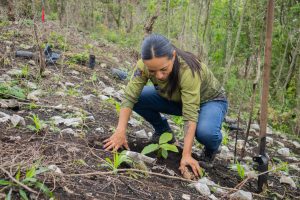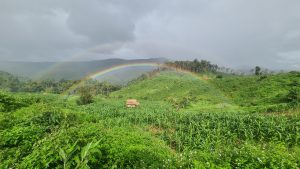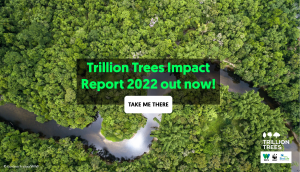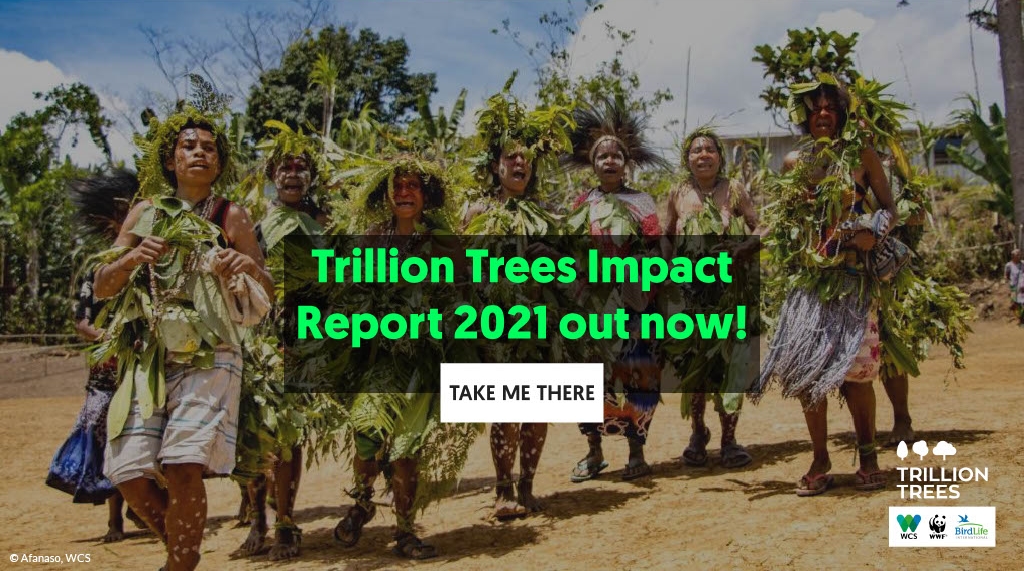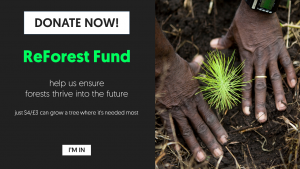COP27 has come to a close, amidst criticism that world leaders failed to agree on cutting greenhouse gas emissions and phasing out fossil fuels, with profound implications for the future of our planet. A last minute decision on loss and damage was one of the more positive outcomes. Approved without a single opposing voice, the agreement to create a fund whereby rich countries help developing nations face the devastation of global warming sets a long-awaited precedent. It must now be rapidly deployed to ensure swift action for the vulnerable communities most affected by climate change.
The clear recognition of Nature-based Solutions, and of forests as a key part of this, is welcomed. The COP27 cover text recalls the Paris Agreement, including reference to REDD+ initiatives, sustainable management of forests and the non-carbon benefits associated. This will, we hope, provide a framework for effectively harnessing the role of forests in addressing the climate crisis.
COP27 also saw the inaugural meeting of the newly launched Forest and Climate Leaders Partnership, where 26 countries and the EU signed-up to deliver the commitments of the Glasgow agreement, made a year ago at COP26. And an additional 1 billion EUR public finance was committed by world leaders alongside $3.6 billion of private capital to halt and reverse forest loss and land degradation.
Pledges like this are welcome, but sustainable, long term financing mechanisms for both the protection and restoration of forests will be critical to the delivery of these commitments. And markets and private capital must be part of that. Effective finance for forests is one of the key issues to be solved if the commitments made are to result in action.
Forests can provide 30% of the solution to fight global warming (Global Forest Watch), yet the world continues to lose them at an alarming rate. This is not only devastating from a climate perspective, but equally catastrophic from a biodiversity perspective. The biodiversity and climate crises are inextricably linked, as recognised in the COP27 decision, and Nature-based Solutions, including forests, offer one ‘here and now’ solution to effectively addressing both these crises concurrently.
Hopes are now high for world leaders to adopt a transformative biodiversity framework at the UN Biodiversity Conference (COP15) in Montreal in December – many environmentalists are calling for a ‘Paris Agreement for nature’. Natural Climate solutions can provide over one-third of the cost-effective climate mitigation needed before 2030 (Griscom et al ‘Natural Climate Solutions’). The outcomes of CBD COP15 will be critical.



